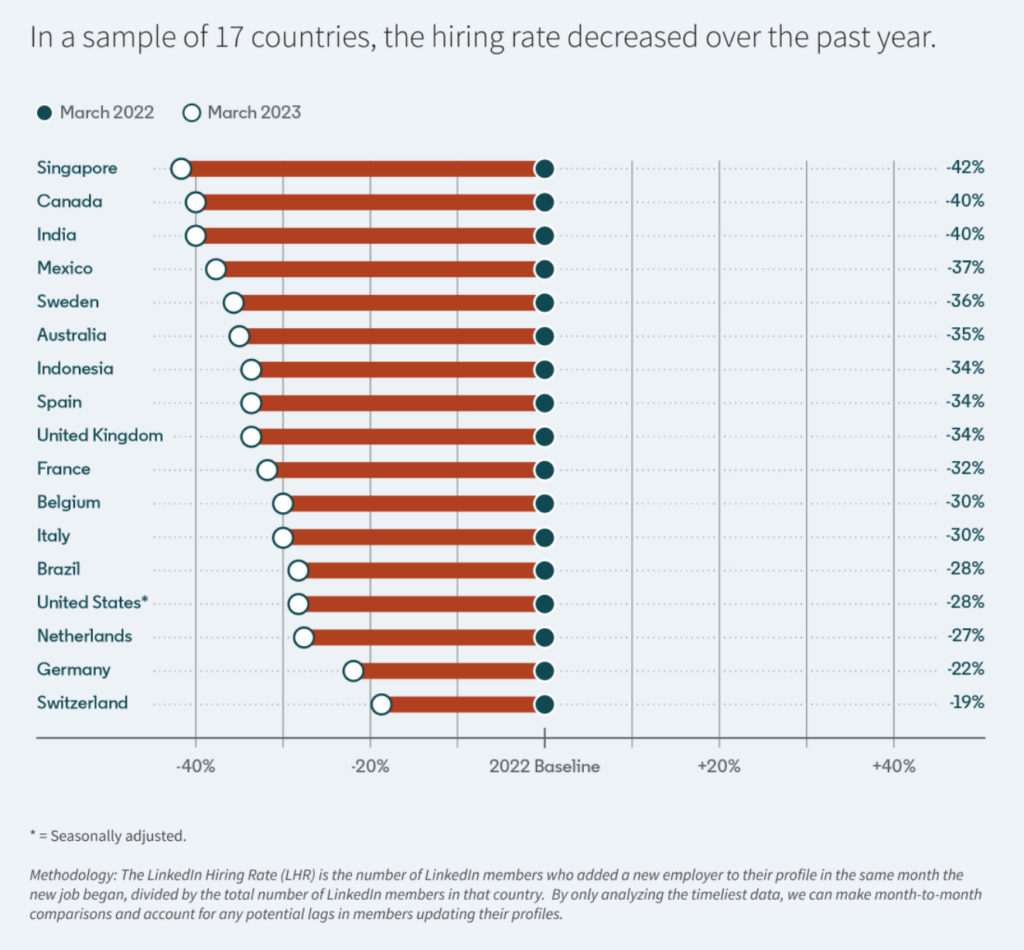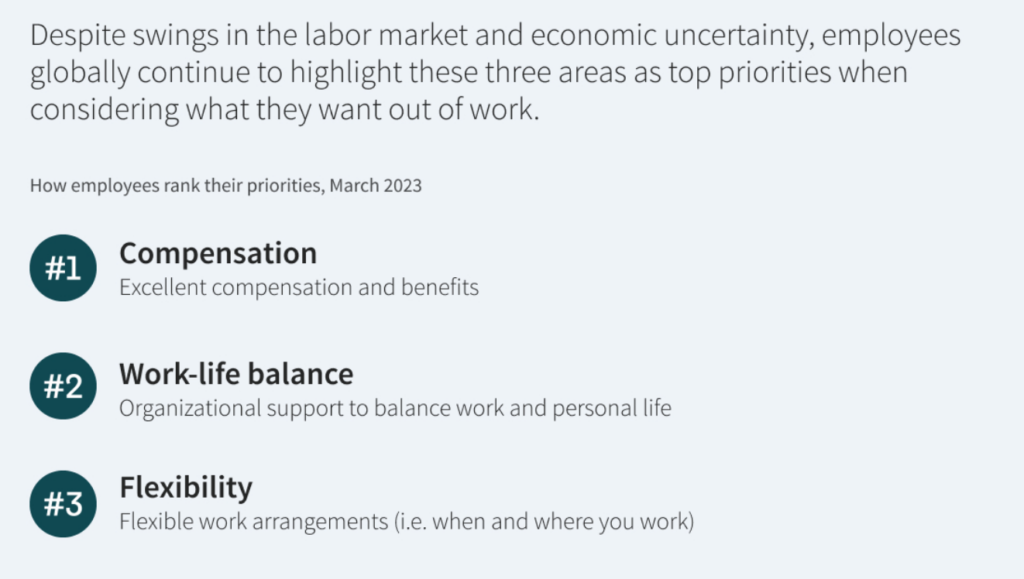Dear Timmy,
I recently applied for a position that I’m perfect for! A recruiter from the company contacted me and scheduled me for an interview with the manager. I went, the interview was a little over an hour, and it went great! I immediately followed up with an email to the recruiter and the manager thanking them, but since then, I’ve heard nothing, and it’s been weeks. I’ve sent follow-up emails to both the recruiter and the manager, and I’ve gotten no reply.
What should I do? Why do companies do this to candidates? I would rather they just tell me they aren’t interested than have them say nothing at all!
The Ghost Candidate
************************************************************
Dear Ghost,
There are a number of reasons that recruiters and hiring managers ghost candidates, and none of them are good!
Here’s a short list of some of these reasons:
– They hated you and hope you go away when they ghost you because the conflict is uncomfortable.
– They like you, but not as much as another candidate. They’re trying to talk into the job but want to leave you on the back burner, but they’re idiots and don’t know how to do this properly.
– They decided to promote someone internally, and they don’t care about candidate experience enough to tell you they went in another direction.
– They have a completely broken recruitment process and might still be going through it believing you’re just as happy as a pig in shi…
– They think they communicated to you electronically to bug off through their ATS, but they haven’t audited the process to know this isn’t working.
– The recruiter got fired, and no one picked up the process.
I would love to tell you that ghosting candidates are a rare thing, but it’s not! It happens all the time! There is never a reason to ghost a candidate, ever! Sometimes I believe candidates get ghosted by recruiters because hiring managers don’t give feedback, but that still isn’t an excuse I would accept. At least tell the candidate that!
Look, I’ve ghosted people. At conference cocktail parties, I’ve been known to ghost my way right back up to my room and go to sleep! When it comes to candidates, I don’t ghost! I would rather tell them the truth so they don’t keep coming back around unless I want them to come back around.
I think most recruiters ghost candidates because they’re in over their heads with the amount of work they have, and they mean to get back to people but just don’t have the time. When you’re in firefighting mode, you tend to only communicate with the candidates you want, not the ones you don’t. Is this good practice? Heck, no! But when you’re fighting fires, you do what you have to do to stay alive.
What would I do if I was you?
Here are a few ideas to try if you really want to know the truth:
1. Send a handwritten letter to the CEO of the company briefly explaining your experience and what outcome you would like.
2. Go on Twitter, and in 140 characters, send a shot across the bow! “XYZ Co. I interviewed two weeks ago and still haven’t heard anything! Can you help me!?” (t will work on Facebook as well!)
3. Write a post about your experience on LinkedIn and tag the recruiter and the recruiter’s boss.
4. Take the hint and go find a company that truly values you and your talent! If the organization and this manager treat candidates like this, imagine how you’ll be treated as an employee.


